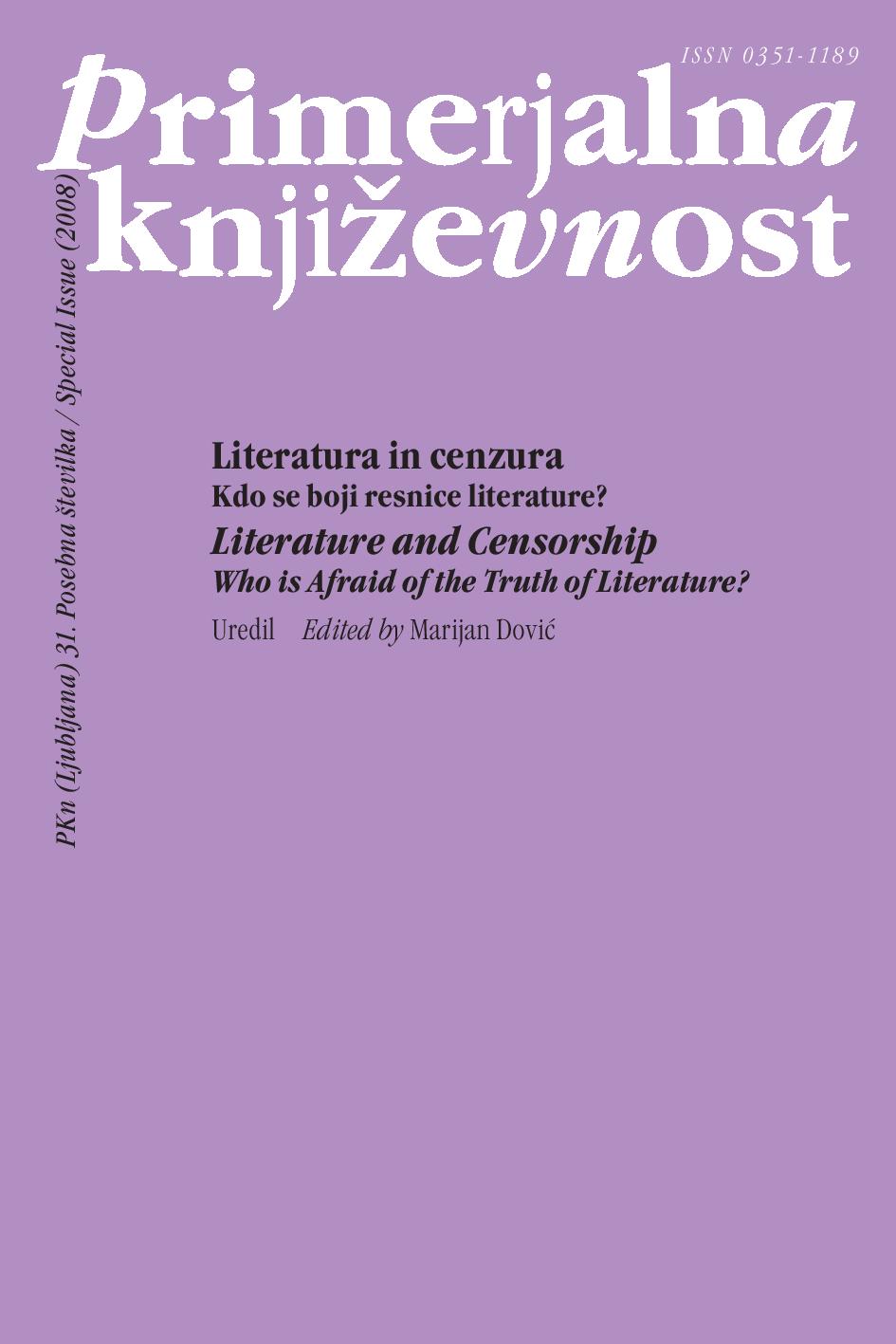Ideology, Censorship, and Literature: Iraq as a Case Study
Keywords:
literature and censorship, Iraqi literature, Iraq, cultural politics, political history, ideology, nationalismAbstract
In the 1970s the ruling Baath party in Iraq adopted a policy of revisionism that stressed the significance of rewriting Arab history to make it fit the Baathist ideology adopted by the regime. To implement this policy, the government established a concept and practice of intellectual “safety” that was exercised by all party and government departments and the educational system. Accordingly, censorship was used by the Baath regime as one of the effective means of achieving its political objectives. The paper discusses censorship in modern Iraqi history (from the British occupation in 1914 to the Anglo-American invasion of 2003), linking up the three rather conflicting constructs of ideology, censorship, and literature. The Baath Party’s censorship is emphasized, as well as the impact it had on Iraqi literature, along with a brief account of the literary categories that were placed out of circulation during the periods described.References
Al-Aibi, Faisal. »Cartoon Art and Its Sarcastic Journalism.« Iraq of Tomorrow 1. januar 2007: 3–4.
Batatu, Hanna. The Old Social Classes and New Revolutionary Movements of Iraq. London: Al-Saqi Books, 2000.


